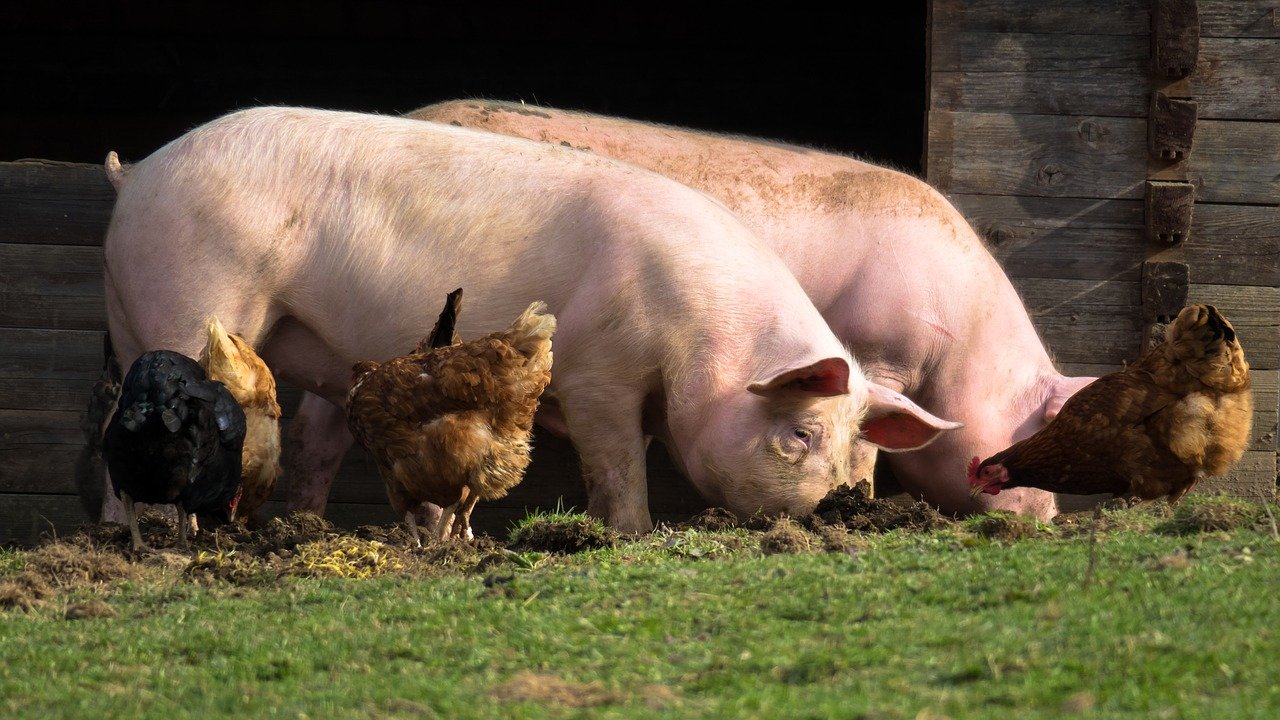Pancreatitis in Dogs
Pancreatitis is an inflammation of the pancreas, an organ that produces digestive enzymes that help break down food in the dog’s small intestine. Pancreas also produces hormones that regulate blood sugar levels.
Inflammation of the pancreas is usually caused by feeding too much high-fat diet to your dog, and pancreatitis pain can last for a few days in the acute stage.
Other causes can include overweight, internal injury, drug reaction, breeds that are prone to inflammation, and underlying health risks such as hypothyroidism, hyperlipidemia, or Cushing’s disease.
How to Ease Dogs Pancreatitis Pain?
Yes, a dog can overcome pancreatitis, and even in the chronic stage, most dogs survive pancreatitis.
However, you need to understand the signs of pancreatitis in dogs such as diarrhea, vomiting, loss of appetite, abdominal pain, lethargy, etc before you can manage this issue successfully.
Also, these symptoms could mean other health issues, but serious abdominal pain is a sign of worsening pancreatitis in dogs, and your dog may not eat anything at this stage.
Treatment for Pancreatitis in Dogs
Once you notice the above-mentioned symptoms, you should consult your veterinarian so he can perform blood tests and X-rays of the abdomen or canine pancreatic lipase immunoreactivity (cPLI) test to help confirm the disease and start treatment immediately.
Treatment for pancreatitis in dogs can include the following
NPO (Nothing Per Os) status, which means fasting for 12 to 24 hours without food and water so the pancreas can rest and heal.
Intravenous fluids to maintain dehydration and electrolyte balance.
Avoiding fatty food completely since a high-fat diet can increase pancreatic enzymes and make pancreatitis worse.
To ease the dog’s pain, offer medications to alleviate pain, nausea, vomiting, diarrhea, and discomfort.
How to Comfort a Dog with Pancreatitis Naturally at Home?
Pancreatitis causes discomfort, restlessness, and loss of appetite, therefore, comforting your canine is very important during the healing process.
Once your dog experiences a couple of the symptoms earlier mentioned, visit your vet doctor with your dog for diagnosis. This is the first form of support to help your dog out.
After diagnosis, your vet would prescribe medications, and advise on dietary restrictions.
Pancreatitis in dogs is usually managed with a combination of medication and diet plan.
Provide a quiet and comfortable environment
You don’t want to stress your furry friend during this period, therefore, ensure the environment is cool, quiet, and peaceful for the dog to rest.
Adjust your dog’s diet
Avoid pork meat, milk, and fatty foods, but you can offer fish, beef kidneys and livers, eggs, bread, and vegetables.
Your dog can also eat fruits that are low in sugar such as bananas, watermelons, apples, etc.
Fasting
Fasting for a short period can give the pancreas time to rest and recover. Your veterinarian will guide you on when and how to implement a fasting schedule for your dog.
Keep your dog hydrated
Loss of appetite and vomiting can make your dog restless, therefore, you should give him water to drink. If your dog doesn’t want to drink, intravenous fluid can be injected into its body.
Mild exercise and rest
While it’s good to keep your pet calm and relaxed during this period, going on gentle exercise with your dog can aid in digestion and keep their muscles from getting too stiff.
Offer small food at a time
Instead of the regular size of food, feed your dog a very small food portion at a time, and you can offer more frequent meals throughout the day to reduce the strain on the pancreas during digestion.
Offer low-fat diet
A low-fat diet is usually recommended for dogs with pancreatitis. You can try feeding your dog a bland diet like plain boiled chicken and rice for easy digestion.
Avoid giving them high-fat treats at this time or forever to prevent the reoccurrence of the disease.
Show love to your dog
Spending quality time with your dog can be comforting for him. Sure he’d do the same if it was you in such a condition.
Also, If your dog experiences muscle stiffness, you should apply a warm compress to the affected area.
Administer medications on time
Your veterinarian would prescribe pain and pancreatitis medications such as metoclopramide, maropitant, ondansetron, etc which you should administer on schedule. This will help manage their pain and reduce inflammation.
Supplements such as Pivetal probiotic for dogs can also be given to help improve gut health and aid in digestion.








